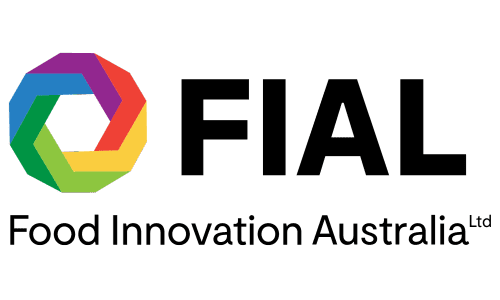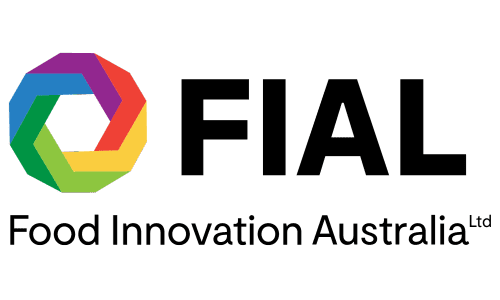Leverages the growing number of health-conscious consumers – the affluent ‘worried well’ – through innovative new product development of wholesome foods supported by scientific evidence and clear nutritional guidelines but not targeting a specific health need e.g. a whole apple in single-serve juice.
In response to the link between gut microbiome and health, Spiralz offers a range of clean, raw, vegan fermented foods and tonics that are gluten-free and dairy-free.
Fermented foods are recognised for their beneficial high probiotic content.
What began as sauerkraut made in a home kitchen is now a fully-fledged business, producing its products in a purpose-built raw food commercial kitchen and ferment room.
Contrary to expectations, the pandemic improved sales. Online sales increased, as did sales at farmers’ markets, with shoppers keen to get out of the house during lockdown and markets deemed an essential service. Combined with the appointment of a new distributor to focus on the food service market, an increase in direct wholesale customers, and a first foray into export markets, Spiralz is poised to build on success and achieve further growth.
Unlike refrigerated sauerkraut products that typically use a starter culture, the longer traditional fermentation process employed by Spiralz generates a more palatable product that is intense in both colour and flavour — a distinct competitive advantage in an increasingly crowded market.
Through its relationship with industry cluster Central Coast Food Alliance, Spiralz was selected to take part in the Mars Seeds of Change accelerator program. Designed to help early-stage Australian food-focused companies fast-track growth, and build a healthier and more sustainable future, it received financial assistance and a tailored mentoring program.
This has helped with new product development – leading to 11 new flavours of water kefir and two new sauerkraut products – as well as marketing, and finding a suitable packaging solution to minimise waste.
This case study is from FIAL's 2022 edition of Celebrating Australian Food and Agribusiness Innovations 2022



